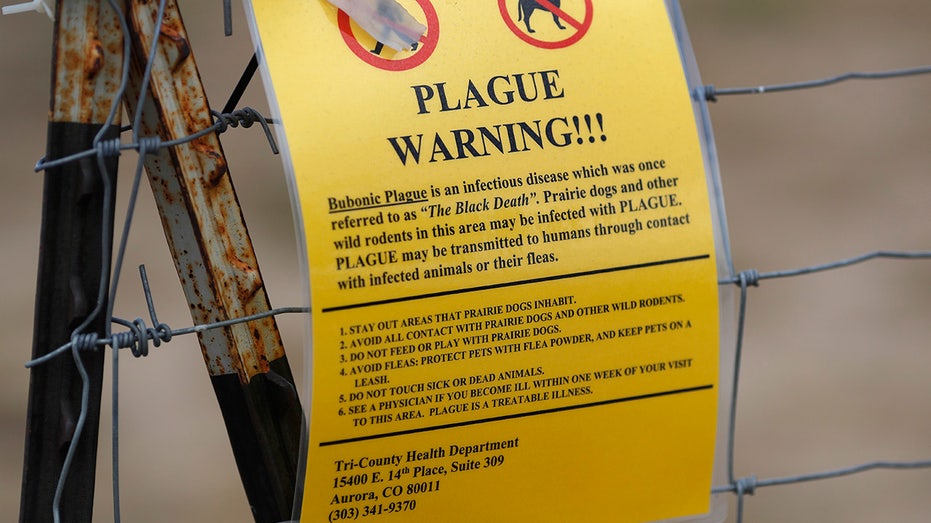An Arizona resident has died from pneumonic plague, marking the first confirmed fatality from the disease in Coconino County in nearly two decades. Local health officials reported that the victim, whose identity has not been disclosed, passed away recently, with the last recorded death in this region occurring in 2007.
The pneumonic plague is a severe form of the disease that primarily affects the lungs and can lead to respiratory failure. According to the Cleveland Clinic, this variant of the plague is recognized as the deadliest form. While the plague ravaged Europe during the 14th century, it is now treatable with antibiotics, and fatalities are uncommon in modern times.
Geographic Context and Transmission Risks
Pneumonic plague cases are rare in the United States, with approximately seven people diagnosed annually. Most occurrences are concentrated in rural areas of northern New Mexico, northern Arizona, southern Colorado, California, southern Oregon, and western Nevada, as noted by the U.S. Centers for Disease Control and Prevention (CDC).
The disease is primarily transmitted through flea bites from infected wild rodents. It can also spread through direct contact with an infected animal or via respiratory droplets in cases of person-to-person transmission.
Dr. Marc Siegel, a senior medical analyst for Fox News, discussed the implications of this case, emphasizing the need for public awareness about the disease and its transmission. He noted an increase in tick activity this summer, which may draw attention away from other health risks, including the pneumonic plague.
Understanding the Plague and Its Symptoms
Pneumonic plague is characterized by symptoms such as severe pneumonia, fever, and difficulty breathing. If left untreated, it can lead to rapid deterioration and death. Despite its historical significance as a cause of widespread mortality, modern medicine has made significant strides in treatment, making early intervention critical.
Another form of the plague, the bubonic plague, affects the lymph nodes and is more common than the pneumonic variant. The least common form, septicemic plague, impacts the bloodstream. Health authorities stress the importance of recognizing symptoms early and seeking medical attention.
Local health departments are likely to increase their monitoring efforts in light of this recent case. The Arizona Department of Health Services has not yet issued a public statement on the situation, but officials are expected to address the community’s concerns in the coming days.
As public health officials emphasize the importance of awareness and prevention, this incident serves as a reminder of the lingering presence of diseases that were once thought to be confined to history.








































































